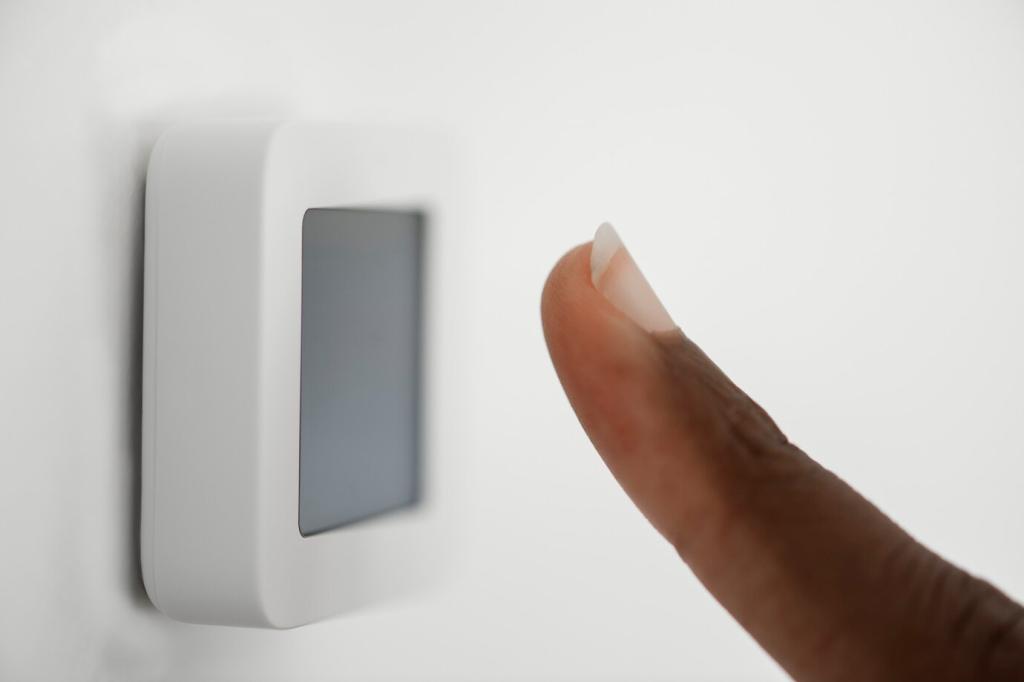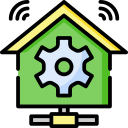Energy efficiency and smart home technologies have become integral to modern living, combining innovation with sustainability to reduce household costs, lower environmental footprints, and enhance daily convenience. By leveraging intelligent devices and energy management strategies, homeowners can optimize their energy consumption, gain real-time insights, and create a comfortable, responsive living space. This page explores how smart solutions are transforming homes, offering practical approaches to make residences more efficient, secure, and eco-friendly through cutting-edge technology and thoughtful energy use.
The Rise of Smart Homes
Intelligent home automation refers to the centralized control and scheduling of household devices—such as lighting, climate control, and security systems—using smart technology. This system orchestrates appliances to function in harmony with your daily routines, automatically adjusting settings to conserve energy while maintaining comfort. Such automation not only minimizes wasted resources but also provides ongoing insights through user-friendly interfaces and apps, empowering homeowners to make informed decisions about their energy use.
Modern smart homes thrive on a vast network of interconnected devices, all communicating in real-time to optimize household performance. From smart thermostats to voice-controlled speakers and motion-sensing lights, each device contributes valuable data to a unified management platform. This integration allows for responsive energy use, as the system intuitively identifies and addresses inefficiencies, ensuring lights are off when rooms are empty or appliances are powered down during periods of inactivity.
User experience sits at the heart of successful smart home solutions. Developers prioritize intuitive interfaces, simple setup processes, and voice or mobile access to cater to a diverse range of users. Enhanced accessibility means residents of any age or technical ability can enjoy the benefits of energy efficiency without complexity. The result is a home that adjusts to individual preferences, providing comfort, security, and cost savings while requiring minimal intervention from users.


Previous slide
Next slide
Lower Utility Costs
One of the most immediate and tangible benefits of energy-efficient smart home solutions is the reduction of monthly utility bills. With superior control over heating, cooling, lighting, and appliance operation, homeowners can drastically curtail wasted electricity and water use. Automated scheduling, real-time feedback, and efficient hardware ensure power is consumed only when necessary. Over time, these reduced costs accumulate, making the initial investment in smart technologies a sensible and rewarding financial decision.
Improved Home Comfort and Convenience
Smart homes adapt to individual lifestyles, prioritizing comfort without excess energy use. Automated climate systems maintain ideal temperatures, while intelligent lighting creates the perfect ambiance for every activity. Hands-free controls and customizable routines simplify everyday tasks, allowing residents to focus on what matters most to them. By responding automatically to user preferences and environmental cues, smart home solutions elevate convenience and overall quality of life, making coming home a more enjoyable experience.
Enhanced Safety and Security
Beyond energy management, smart technologies provide robust security benefits through connected alarms, cameras, and access controls. Homeowners can monitor entrances, receive instant notifications of unusual activity, and control locks remotely. These systems work seamlessly in unison, creating a coordinated defense against unauthorized access or potential hazards, such as fire or gas leaks. The integration of safety and efficiency technology offers both protection and peace of mind, ensuring that the home environment remains safe for everyone inside.
